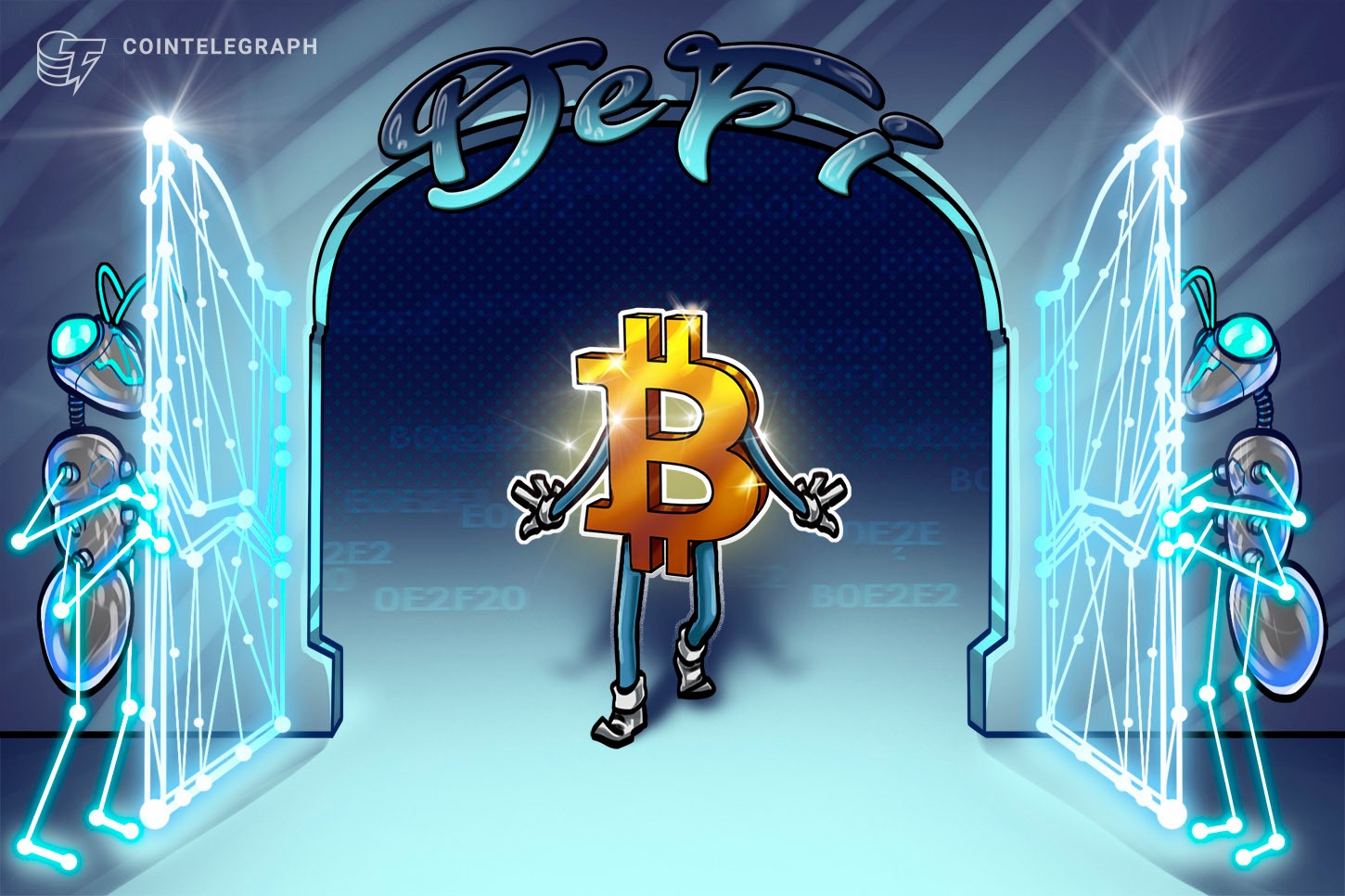Taproot support across the industry is still crawling one year after the Bitcoin soft fork, indicating a strong potential for innovation and broader adoption of Web3 solutions to be unlocked through the world's largest cryptocurrency, sources told Cointelegraph.
"Since early on, Satoshi predicted that layers being built on top of the Bitcoin blockchain would enable Bitcoin to move beyond being only sound money by adding programmability, which makes Bitcoin the optimal framework to build out Web3 capabilities," noted Alex Miller, CEO of the Web3 developer platform Hiro.
The Taproot upgrade took place in November 2021 and laid the foundation for accelerating decentralized financial services through the Bitcoin network. It enables more efficient validation of multisignature scripts, which addresses privacy issues and improves block storage by reducing the size of complex transactions occurring on the network.
The changes were long-awaited in the industry, as many Bitcoin (BTC) holders do not use their coins on decentralized finance (DeFi) applications "because it involves the cumbersome task of wrapping it using a bridge so that it can be processed by smart contracts on another blockchain such as Ethereum," commented Dominic Williams, founder and chief scientist at DFINITY, the foundation behind the Internet Computer blockchain.
Internet Computer announced its mainnet integration with the Bitcoin network on Dec. 5. It is a layer 2 where smart contracts can hold, send and receive BTC natively without needing third parties or blockchain bridges. According to the company, nearly every DeFi application building on Internet Computer's blockchain plans to incorporate Bitcoin due to the liquidity it provides.
Related: The future of smart contract adoption for enterprises
Through smart contract functionalities for Bitcoin, users willing to participate in DeFi can send their coins to Bitcoin's smart contract address and directly withdraw them to their wallets. "Soon you will be able to send a simple chat message, such as 'Happy Birthday! Here are 100,000 satoshis!' using a fully on-chain Web3 service such as Open Chat," noted Williams.
Enabling Web3 on the Bitcoin blockchain also means more trust in cryptocurrencies and DeFi applications, stated Alex Miller:
“The recent implosions in centralized entities like FTX will only serve to keep pushing forward interest in truly decentralized finance — where transactions are secured algorithmically at the consensus level and users don't have to trust third-party custodians to 'do the right things' with their coins. And given its history of pioneering decentralized trust, Bitcoin is the most logical place for people to conduct DeFi transactions."
Decentralized autonomous organizations could benefit from Bitcoin's smart contract functionality as well, according to Miller, but DeFi is likely to account for most of the growth. "People want to know that the blockchain they invest time and money into will be around in a couple of years. Bitcoin has a proven track record here. In bear markets, developers and investors alike look for safer assets to concentrate on, and Bitcoin will always hold a unique distinction here. Looking to 2023, I think DeFi will be the biggest point of growth in our ecosystem."
Bitcoin has experienced several hard and soft forks in its 14-year history. Coming upgrades may include the Covenants described in Bitcoin Improvement Proposal (BIP) 119 and would restrict the address where a user can send their funds.


